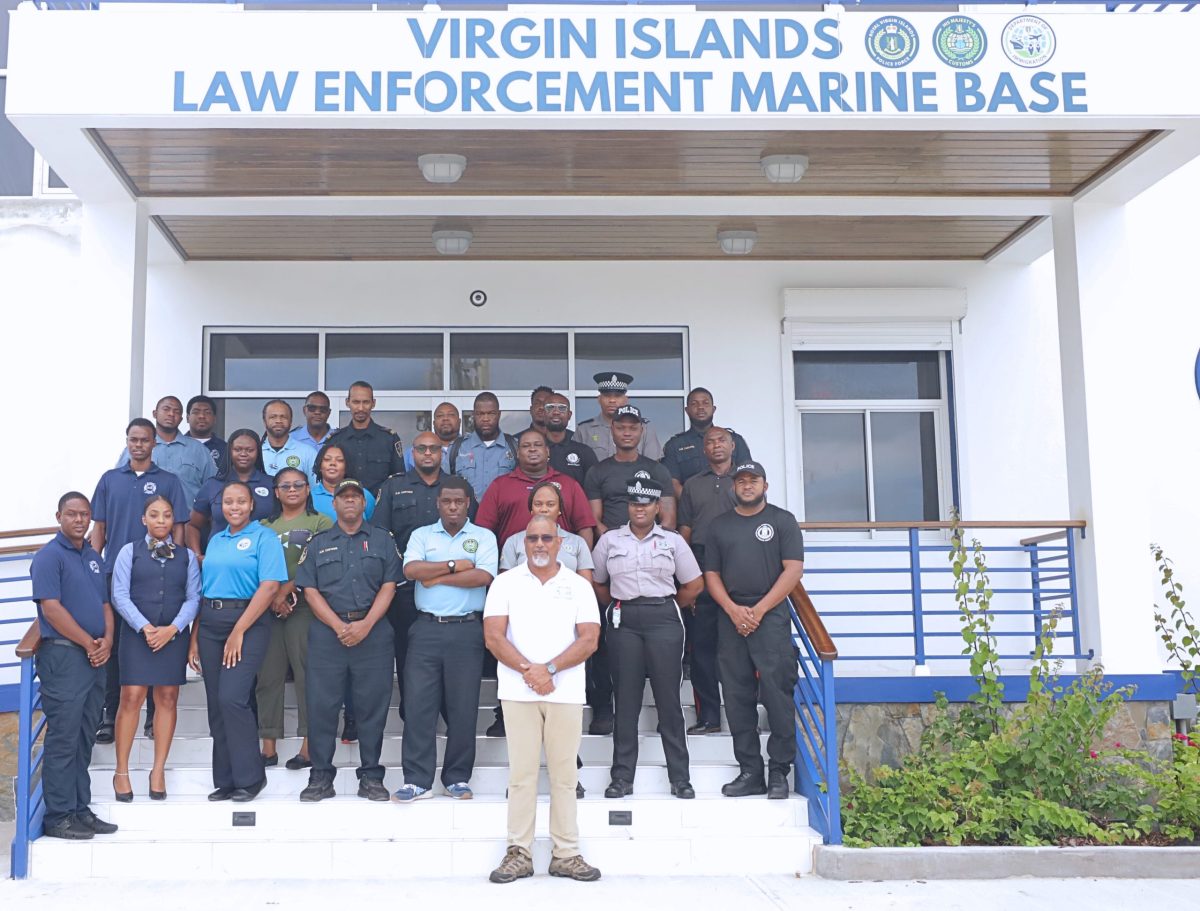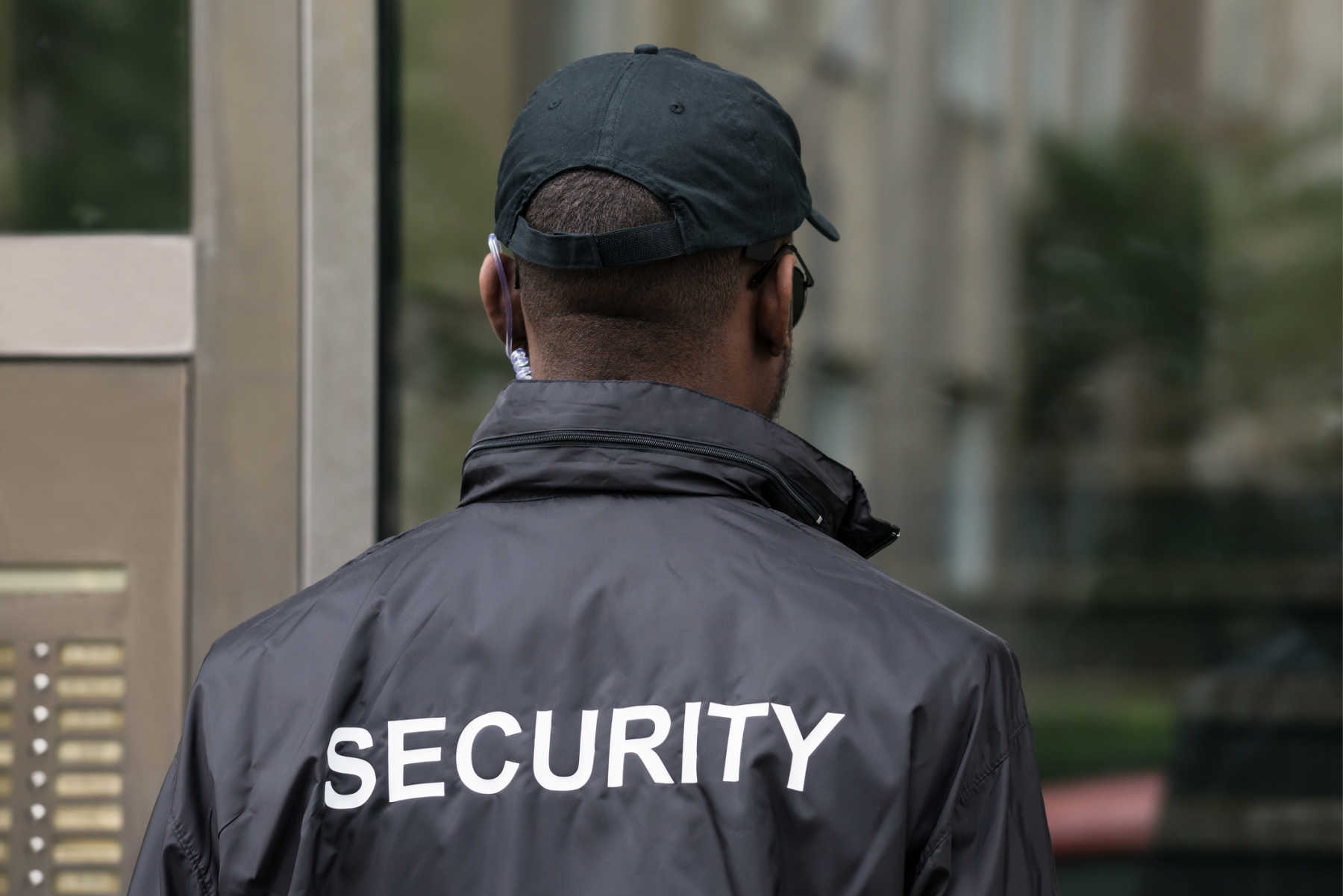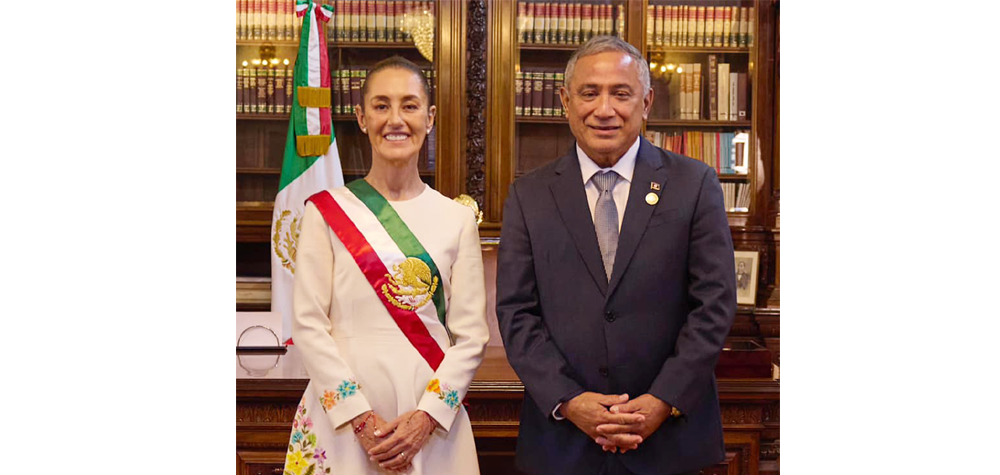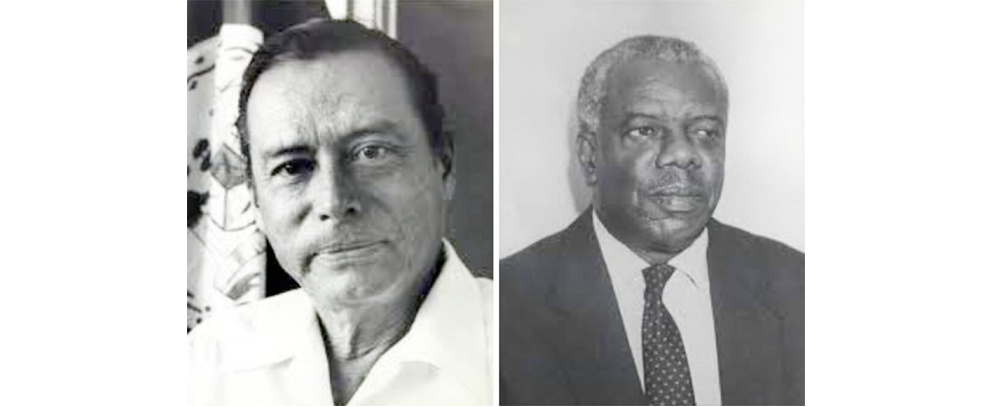

In a move linked to the recent Commission of Inquiry recommendations, nearly 50 law enforcement officers have completed a certified course on emergency care and treatment in disasters.
The one-week training was facilitated by the World Health Organization and the Pan American Health Organization through the Virgin Islands Public Service Learning Institute, according to government.
Participants were drawn from the Royal Virgin Islands Police Force, the VI Fire and Rescue Service, His Majesty’s Customs, the BVI Airports Authority and the Immigration Department.
During the 13-part training — which was administered by PAHO instructor Peter Burges, a retired officer of the Barbados Defence Force — the officers learned to administer life-saving measures in the event of an emergency.
Sharleen DaBreo-Lettsome, the permanent secretary in the Deputy Governor’s Office, said the training was key to ensuring that the territory meets international standards recommended by the recent review of law enforcement bodies carried out pursuant to the 2022 Commission of Inquiry report.
“These law enforcement agencies are the territory’s first responders,” she said. “It is vital that we ensure they receive the necessary training to adequately respond to medical needs in the event of an emergency. Trainings like these increase our ability to adequately respond and save lives in those critical minutes following a disaster or emergency.”
She added that a recertification programme has also been established through the VIPSLI in order to ensure that the law enforcers keep their skills up to date.
The training, which focused on delivering emergency medical care in a non-hospital environment, taught participants about various systems within the human body.
“They were engaged in detailed presentations in an interactive classroom environment that fostered understanding of the connectivity and relationship between organs, how they are affected in a variety of conditions, and best practices to provide treatment,” government stated in a press release.
The officers also received hands-on experience in skills including initial assessment, splinting damaged limbs, securing severely injured patients, and preparing patients for ambulance transport.
The training session was the first step in a broader effort to ensure that VI law enforcers have the basic skills to address immediate needs in the event of a disaster or other emergency, according to government.




